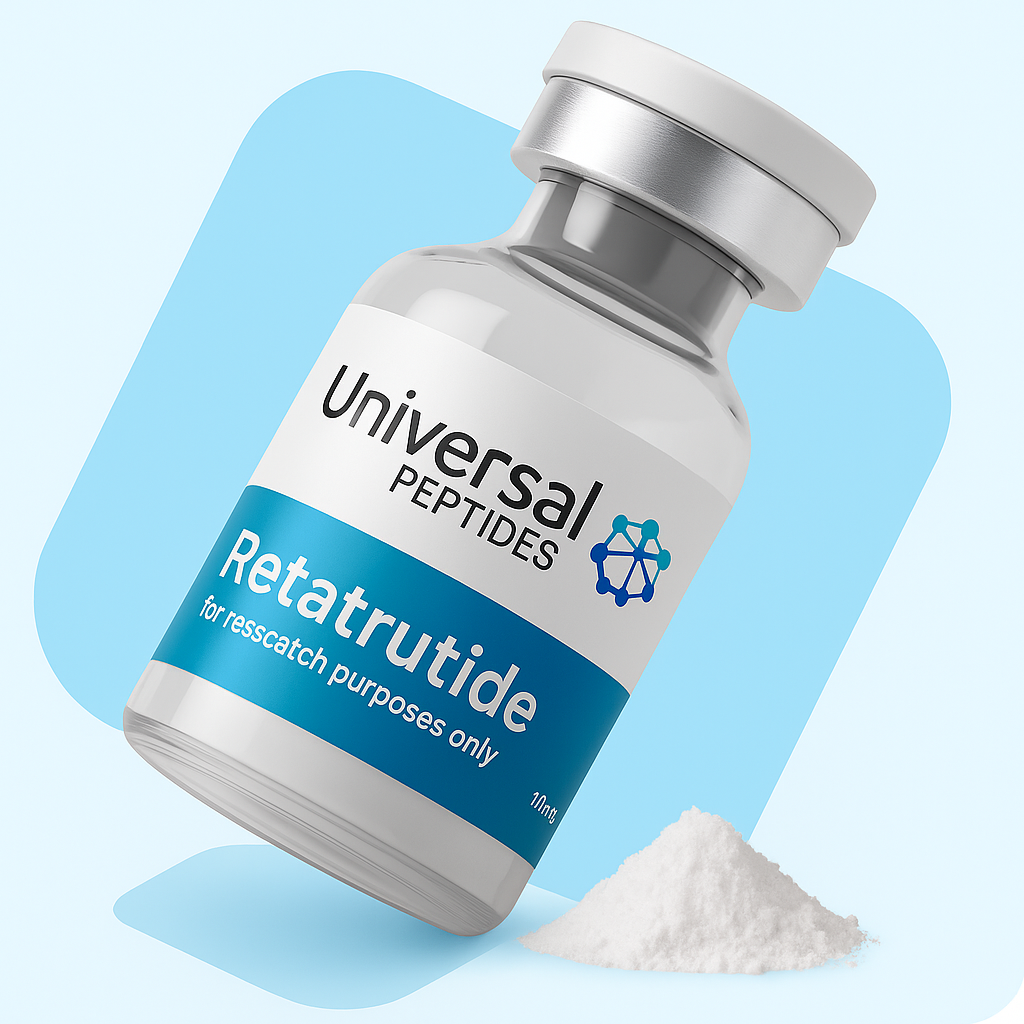-
By: admin
-
October 27, 2022
Fitness Recovery: Why It Matters More Than Training
When it comes to fitness, most people focus on training: lifting heavier weights, running longer distances, or pushing through intense workouts. But here’s the truth many overlook: progress doesn’t happen during training – it happens during recovery.
Recovery is when the body repairs muscle fibers, replenishes energy, and adapts to stress. Without proper recovery, even the hardest training sessions won’t translate into results.
Why Recovery Is as Important as Training
Muscle Repair and Growth
When you exercise, you create microtears in muscle tissue. Recovery allows your body to repair those tears, making muscles stronger and bigger.
Energy Replenishment
Glycogen stores are depleted during workouts. Recovery time restores these energy reserves, preparing you for the next session.
Injury Prevention
Overtraining without rest leads to fatigue, poor form, and higher risk of injuries. Recovery is your body’s natural safeguard.
Mental Reset
Recovery isn’t just physical. Taking time to rest reduces stress, prevents burnout, and keeps you motivated.
The Science Behind Recovery
-
Hormonal Balance: Growth hormone and testosterone are released during deep sleep, fueling muscle repair.
-
Inflammation Control: Recovery reduces exercise-induced inflammation, protecting long-term health.
-
Nervous System Reset: Intense training stresses the central nervous system. Recovery restores balance, improving performance and coordination.
Common Types of Recovery
1. Passive Recovery
Complete rest days, where you allow your body to fully relax and recharge.
2. Active Recovery
Light movement such as walking, yoga, or stretching. Keeps blood flowing and speeds up healing without adding stress.
3. Sleep Recovery
Deep, consistent sleep is the most powerful recovery tool. Aim for 7–9 hours each night.
4. Nutritional Recovery
Protein, complex carbs, hydration, and supplements like peptides or amino acids all play a role in speeding up repair.
Tools to Optimize Recovery
Nutrition
-
Protein for muscle rebuilding
-
Carbohydrates for glycogen replenishment
-
Omega-3s for inflammation control
Hydration
Dehydration delays recovery. Water and electrolytes are essential.
Peptides and Supplements
Science-backed peptides like BPC-157 and TB-500 are studied for their ability to accelerate tissue repair and reduce inflammation. Growth hormone secretagogues like CJC-1295/Ipamorelin may also support better sleep, recovery, and muscle development.
Mindfulness Practices
Meditation, breathwork, or simply downtime helps regulate stress hormones, supporting recovery.
Signs You’re Not Recovering Enough
-
Constant fatigue
-
Decreased performance despite training
-
Trouble sleeping
-
Frequent soreness or injuries
-
Mood swings and lack of motivation
These are red flags that your body is demanding more rest.
Building a Recovery-Focused Routine
-
Plan rest days into your weekly schedule.
-
Prioritize sleep as seriously as workouts.
-
Fuel your body with balanced nutrition.
-
Track progress — monitor energy, strength, and mood to adjust recovery needs.
Recovery Is Where Growth Happens
Training breaks the body down, but recovery builds it back stronger. Ignoring recovery is like trying to grow a plant without watering it — no matter how much effort you put in, results won’t come.
By making recovery a priority, not an afterthought, you’ll not only improve fitness results but also reduce injuries, boost energy, and stay consistent long-term.
Remember: it’s not how hard you train, but how well you recover that defines your progress.














